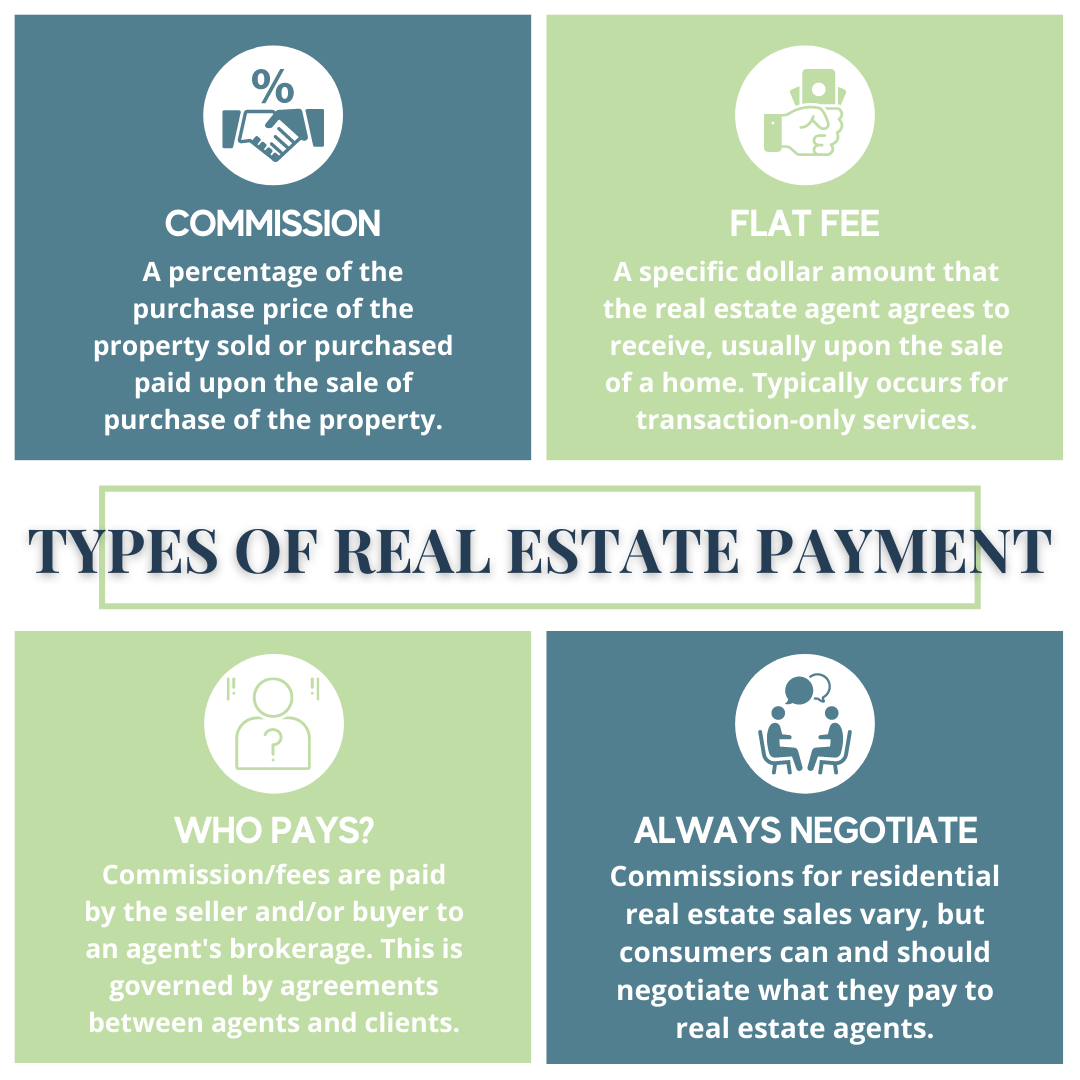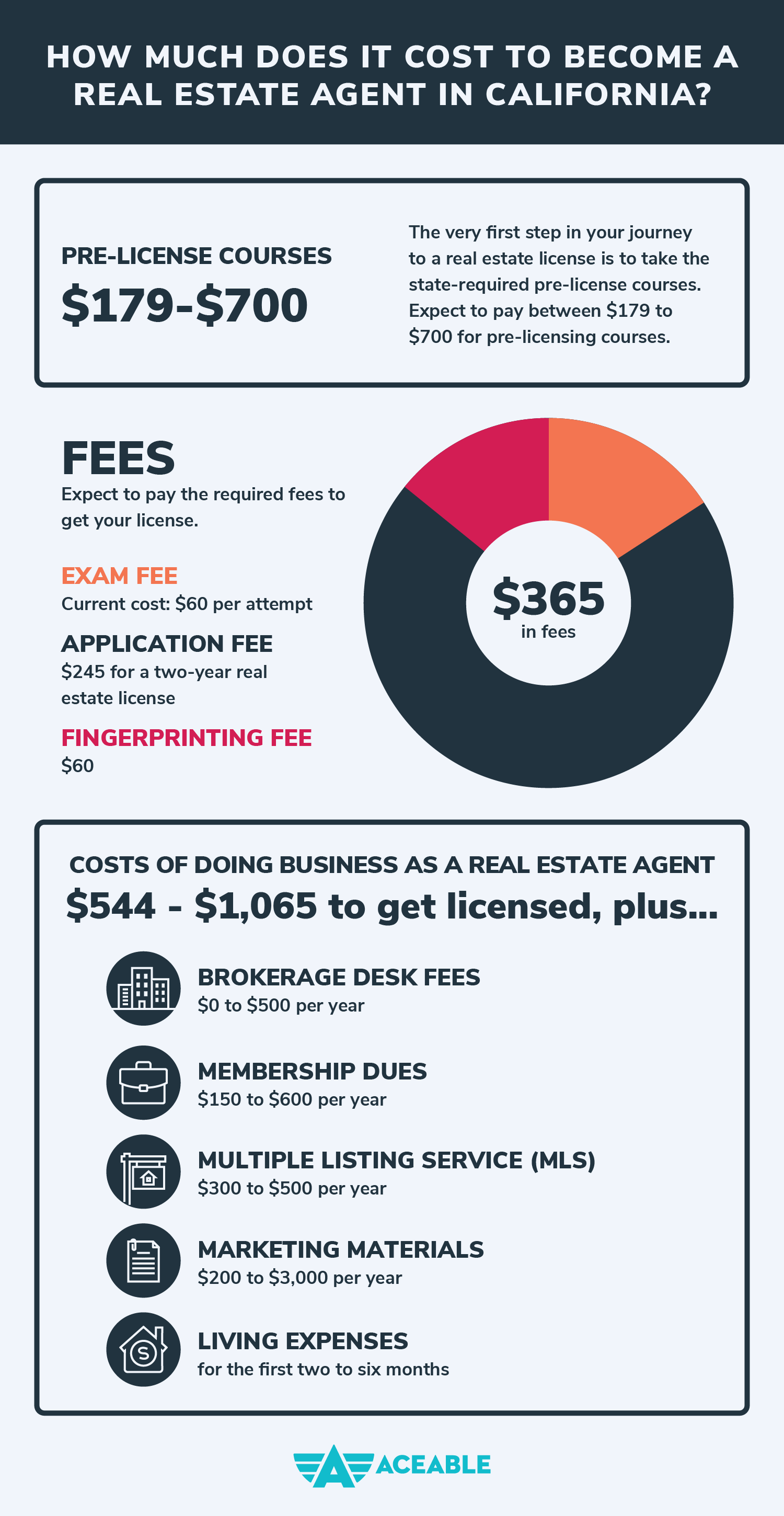
If you are thinking about buying a house, you have many choices and many different things to consider. It is important to save money for your down payment, look for a house that is close to good schools, and ensure that the house's mechanics are in good condition. You should also take a look at the community's culture, as well as local businesses. Last, ensure you can afford the mortgage payment. You don't want a home too costly for you.
For a down payment, save money
FDIC-insured savings accounts are the best places to save money for a downpayment on a new house. These accounts offer higher interest rates than average and easy access. For those who are planning to buy a long-term home, it may be more practical to invest in the market. The potential for higher returns can make sense.

Start by calculating what your income is. Find out how much money your monthly income is and add the income of your partner, if any. You can review your bank statements or credit card bills.
Finding a house close to a school district that is good for your children
The location of a school is an important factor in buying a home. However, it is not the only thing that is important. Other factors such as commute time and school standards can also be important. It's important for you to take into consideration all of these factors. You may also need to make sacrifices or give-up certain features.
First, buying a house for yourself, or for your family, in a good school area will increase its resale price and make it easier for you to sell. A good school system will ensure that your children get the best education if you are looking to buy a house. Some school districts have special provisions that cater to children with special needs.
A home inspection
It is vital to obtain a home inspector before you buy a property. This gives you a feeling of ownership and helps you negotiate the price. A well-maintained property is worth buying. However, if there are any issues, the inspector's inspection report can help to negotiate a fair price or convince a seller to fix them.

A home inspection that reveals serious problems such as a leaky heater or other issues could allow you to negotiate with the seller to reduce the price or make repairs. You can also opt out of the deal and pay the repair costs. Often, the seller will agree for a home examination as part of the contract.
FAQ
Which is better, to rent or buy?
Renting is typically cheaper than buying your home. However, renting is usually cheaper than purchasing a home. There are many benefits to buying a home. For example, you have more control over how your life is run.
Do I need flood insurance
Flood Insurance protects you from flooding damage. Flood insurance helps protect your belongings and your mortgage payments. Find out more information on flood insurance.
How can you tell if your house is worth selling?
You may have an asking price too low because your home was not priced correctly. Your asking price should be well below the market value to ensure that there is enough interest in your property. To learn more about current market conditions, you can download our free Home Value Report.
What can I do to fix my roof?
Roofs can burst due to weather, age, wear and neglect. Roofing contractors can help with minor repairs and replacements. For more information, please contact us.
Statistics
- Private mortgage insurance may be required for conventional loans when the borrower puts less than 20% down.4 FHA loans are mortgage loans issued by private lenders and backed by the federal government. (investopedia.com)
- It's possible to get approved for an FHA loan with a credit score as low as 580 and a down payment of 3.5% or a credit score as low as 500 and a 10% down payment.5 Specialty mortgage loans are loans that don't fit into the conventional or FHA loan categories. (investopedia.com)
- The FHA sets its desirable debt-to-income ratio at 43%. (fortunebuilders.com)
- Based on your credit scores and other financial details, your lender offers you a 3.5% interest rate on loan. (investopedia.com)
- When it came to buying a home in 2015, experts predicted that mortgage rates would surpass five percent, yet interest rates remained below four percent. (fortunebuilders.com)
External Links
How To
How to Manage a Rental Property
Renting your home can be a great way to make extra money, but there's a lot to think about before you start. We will show you how to manage a rental home, and what you should consider before you rent it.
Here's how to rent your home.
-
What should I consider first? Before you decide if your house should be rented out, you need to examine your finances. If you are in debt, such as mortgage or credit card payments, it may be difficult to pay another person to live in your home while on vacation. Also, you should review your budget to see if there is enough money to pay your monthly expenses (rent and utilities, insurance, etc. This might be a waste of money.
-
How much does it cost for me to rent my house? There are many factors that influence the price you might charge for renting out your home. These include things like location, size, features, condition, and even the season. Remember that prices can vary depending on where your live so you shouldn't expect to receive the same rate anywhere. Rightmove reports that the average monthly market price to rent a one-bedroom flat is around PS1,400. This would translate into a total of PS2,800 per calendar year if you rented your entire home. It's not bad but if your property is only let out part-time, it could be significantly lower.
-
Is this worth it? It's always risky to try something new. But if it gives you extra income, why not? Be sure to fully understand what you are signing before you sign anything. You will need to pay maintenance costs, make repairs, and maintain the home. Renting your house is not just about spending more time with your family. Before signing up, be sure to carefully consider these factors.
-
Are there any advantages? It's clear that renting out your home is expensive. But, you want to look at the potential benefits. Renting out your home can be used for many reasons. You could pay off your debts, save money for the future, take a vacation, or just enjoy a break from everyday life. It's more fun than working every day, regardless of what you choose. If you plan ahead, rent could be your full-time job.
-
How can I find tenants Once you decide that you want to rent out your property, it is important to properly market it. Start by listing online using websites like Zoopla and Rightmove. You will need to interview potential tenants once they contact you. This will allow you to assess their suitability, and make sure they are financially sound enough to move into your house.
-
How do I ensure I am covered? If you're worried about leaving your home empty, you'll need to ensure you're fully protected against damage, theft, or fire. You'll need to insure your home, which you can do either through your landlord or directly with an insurer. Your landlord will typically require you to add them in as additional insured. This covers damages to your property that occur while you aren't there. However, this doesn't apply if you're living abroad or if your landlord isn't registered with UK insurers. In this case, you'll need to register with an international insurer.
-
Sometimes it can feel as though you don’t have the money to spend all day looking at tenants, especially if there are no other jobs. Your property should be advertised with professionalism. Make sure you have a professional looking website. Also, make sure to post your ads online. A complete application form will be required and references must be provided. While some people prefer to handle everything themselves, others hire agents who can take care of most of the legwork. You'll need to be ready to answer questions during interviews.
-
What should I do after I have found my tenant? If you have a contract in place, you must inform your tenant of any changes. If you don't have a lease, you can negotiate length of stay, deposit, or other details. Keep in mind that you will still be responsible for paying utilities and other costs once your tenancy ends.
-
How do you collect the rent? You will need to verify that your tenant has actually paid the rent when it comes time to collect it. If not, you'll need to remind them of their obligations. Before you send them a final invoice, you can deduct any outstanding rent payments. If you're having difficulty getting hold of your tenant you can always call police. They will not normally expel someone unless there has been a breach of contract. However, they can issue warrants if necessary.
-
How can I avoid potential problems? You can rent your home out for a good income, but you need to ensure that you are safe. You should install smoke alarms and carbon Monoxide detectors. Security cameras are also a good idea. You should also check that your neighbors' permissions allow you to leave your property unlocked at night and that you have adequate insurance. You should not allow strangers to enter your home, even if they claim they are moving in next door.